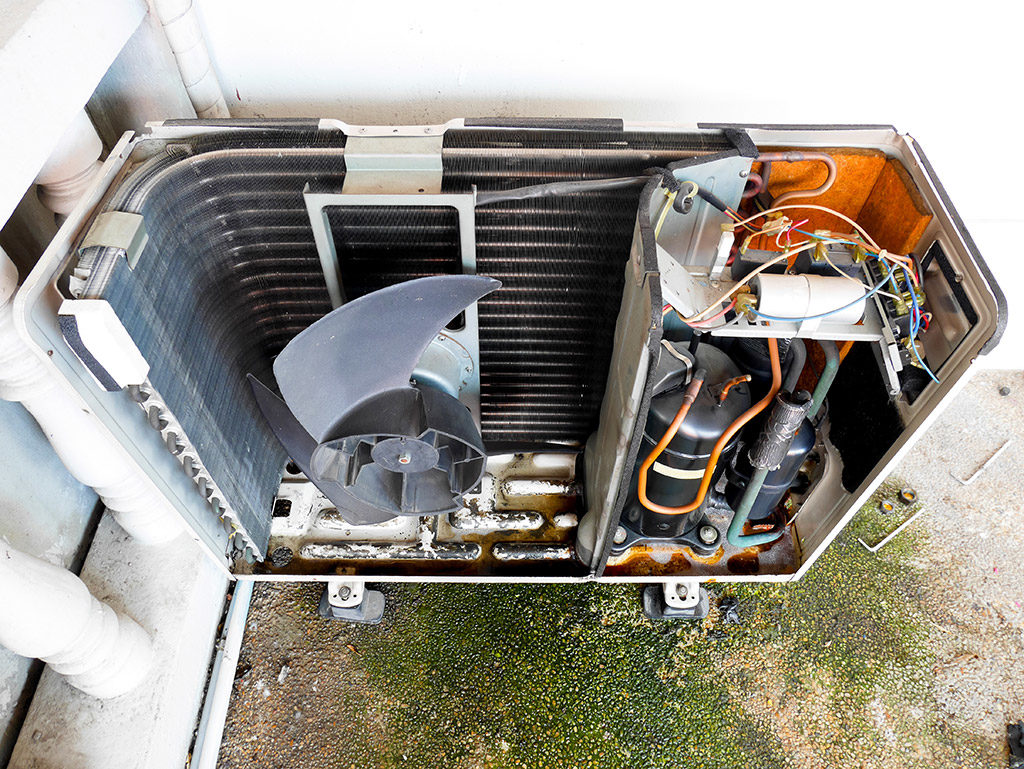
Air Conditioning Compressors: The Heart of Your Cooling System
Table of Contents
- Introduction
- What is an Air Conditioning Compressor?
- How Does an Air Conditioning Compressor Work?
- Types of Air Conditioning Compressors
- 4.1 Reciprocating Compressors
- 4.2 Rotary Compressors
- 4.3 Scroll Compressors
- 4.4 Screw Compressors
- The Importance of Proper Compressor Sizing
- Signs of a Failing Air Conditioning Compressor
- 6.1 Reduced Cooling Performance
- 6.2 Strange Noises
- 6.3 Leaking Refrigerant
- 6.4 Excessive Energy Consumption
- Preventative Maintenance for Compressors
- 7.1 Regular Cleaning and Inspection
- 7.2 Refrigerant Level Check
- 7.3 Lubrication
- 7.4 Checking Electrical Components
- Troubleshooting Common Compressor Issues
- 8.1 Compressor Not Turning On
- 8.2 Compressor Cycling Frequently
- 8.3 Frozen Compressor
- 8.4 Compressor Overheating
- How to Extend the Lifespan of Your Air Conditioning Compressor
- Upgrading Your Compressor for Better Efficiency
- The Future of Air Conditioning Compressors: Green Innovations
- Conclusion
Introduction
When the scorching summer heat arrives, nothing offers relief quite like an air conditioning system. The air conditioning compressor plays a pivotal role in this cooling process. In this article, we will explore the workings of air conditioning compressors, their types, troubleshooting common issues, maintenance tips, and how to enhance their efficiency.
1. What is an Air Conditioning Compressor?
An air conditioning compressor is a vital component of your cooling system responsible for circulating refrigerant and facilitating heat transfer. It is often referred to as the “heart” of an air conditioner, as it compresses low-pressure refrigerant gas into high-pressure gas, intensifying its heat. This high-pressure gas then flows to the condenser for further cooling.
2. How Does an Air Conditioning Compressor Work?
The compressor operates through a cycle of compression and expansion of refrigerant gas. It begins by drawing in low-pressure, low-temperature refrigerant from the evaporator. Inside the compressor, the gas is compressed, which causes its temperature and pressure to rise significantly. This high-pressure gas moves to the condenser, releasing heat and converting the refrigerant back into a liquid state. The liquid refrigerant then flows to the evaporator, where it absorbs heat from the indoor air, providing a cool breeze.
3. Types of Air Conditioning Compressors
There are several types of air conditioning compressors available, each with its unique characteristics and applications.
4.1 Reciprocating Compressors
Reciprocating compressors use a piston to compress the refrigerant gas. They are widely used in small to medium-sized cooling systems and are known for their durability and efficiency.
4.2 Rotary Compressors
Rotary compressors utilize rotating blades to compress the refrigerant. They are compact, produce less noise, and are suitable for small residential and commercial AC units.
4.3 Scroll Compressors
Scroll compressors operate with two spiral-shaped scrolls that compress the refrigerant. They are highly efficient, have fewer moving parts, and are commonly found in modern air conditioners.
4.4 Screw Compressors
Screw compressors use two rotating screws to compress the gas. They are commonly used in large-scale commercial and industrial cooling systems.
5. The Importance of Proper Compressor Sizing
Proper compressor sizing is crucial for the efficient functioning of your air conditioner. An undersized compressor may struggle to cool the space effectively, leading to increased energy consumption and wear on the system. On the other hand, an oversized compressor may short-cycle, which can also reduce its lifespan and efficiency.
6. Signs of a Failing Air Conditioning Compressor
Recognizing the signs of a failing compressor can save you from costly repairs and discomfort during the sweltering summer months.
6.1 Reduced Cooling Performance
If you notice that your air conditioner isn’t cooling as effectively as before, the compressor could be the culprit.
6.2 Strange Noises
Unusual noises like grinding, hissing, or screeching coming from the compressor warrant immediate attention.
6.3 Leaking Refrigerant
Refrigerant leaks may lead to insufficient cooling and should be addressed promptly by a professional technician.
6.4 Excessive Energy Consumption
A failing compressor can cause your air conditioner to consume more energy than usual, resulting in higher utility bills.
7. Preventative Maintenance for Compressors
Regular maintenance is essential to keep your air conditioning compressor running smoothly.
7.1 Regular Cleaning and Inspection
Cleaning the compressor and inspecting it for any damage or wear is vital for its optimal performance.
7.2 Refrigerant Level Check
Ensuring the refrigerant level is within the recommended range is crucial for efficient cooling.
7.3 Lubrication
Proper lubrication of moving parts helps reduce friction and extend the compressor’s lifespan.
7.4 Checking Electrical Components
Regularly checking electrical connections and components ensures the compressor operates safely.
8. Troubleshooting Common Compressor Issues
Understanding and troubleshooting common compressor issues can help you identify problems early.
8.1 Compressor Not Turning On
If your compressor fails to start, it could indicate an electrical issue or a faulty capacitor.
8.2 Compressor Cycling Frequently
Frequent cycling may be caused by blocked airflow, low refrigerant levels, or a malfunctioning thermostat.
8.3 Frozen Compressor
A frozen compressor may indicate low refrigerant levels or restricted airflow.
8.4 Compressor Overheating
Overheating can be caused by issues like a dirty condenser coil or a malfunctioning fan.
9. How to Extend the Lifespan of Your Air Conditioning Compressor
Proper care and maintenance can significantly extend the life of your air conditioning compressor.
10. Upgrading Your Compressor for Better Efficiency
If you have an older compressor, upgrading to a more energy-efficient model can save you money on utility bills.
11. The Future of Air Conditioning Compressors: Green Innovations
As environmental concerns grow, manufacturers are developing greener and more eco-friendly compressor technologies.
12. Conclusion
Air conditioning compressors are the heart of cooling systems, enabling us to stay comfortable during hot weather. Regular maintenance and prompt troubleshooting are essential for ensuring their longevity and efficiency.





0 comments
Write a comment